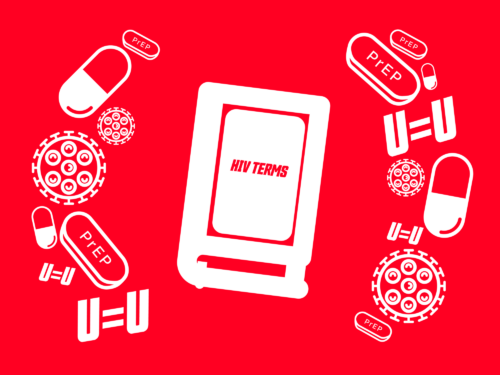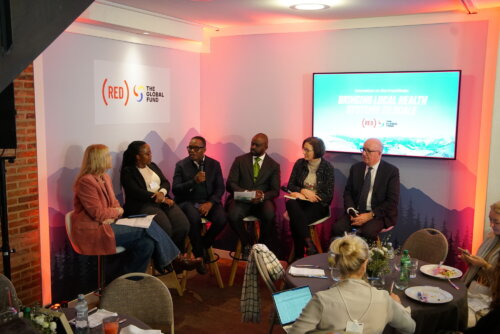4 Reasons Iron Deficiency Can Be Dangerous For People Living with HIV
Iron is a critical nutrient that helps your blood move oxygen from your lungs to the rest of the body. Iron deficiency anemia is a condition that leads to a reduction in the number of red blood cells. Everyone is susceptible to developing iron deficiency at different times in their lives, though the causes and symptoms can vary from person to person.
(RED) is teaming up with Lucky Iron Life to break down the intersection between iron deficiency and HIV. (RED) and Lucky Iron Life have a shared goal of improving global health and well-being. (RED) does this by partnering with brands to create products and experiences that raise money, heat, and urgency for the AIDS fight, while Lucky Iron Life is on a mission to make iron deficiency a thing of the past globally by developing cooking tools that help fortify daily meals with iron.
Iron deficiency anemia is the largest micronutrient deficiency globally and the most common blood disorder for those living with HIV/AIDS. It is closely associated with disease progression and higher risk of mortality. (Source: EClinicalMedicine)
Here are four reasons iron is especially important for those living with HIV/AIDS – and why iron deficiency can be so dangerous:
- Immune System Compromise: Anemia can increase susceptibility to infections, which pose serious risks for people with HIV, as the virus weakens the immune system. For instance, people living with HIV are already more prone to tuberculosis, and iron deficiency anemia can compound the risk of infection.
- Source: CDC
- Risk of Coinfections: People living with HIV face a higher risk of other blood disorders and co-infections that can exacerbate iron deficiency and complicate anemia treatment. HIV can also cause anemia of chronic disease (ACD), in which stored iron isn’t available for red blood cell production.
- Sources: aidsmap, American Society of Hematology
- Inflammation Problems: HIV infection triggers the release of inflammatory proteins, which can boost the production of hepcidin. This hormone reduces iron absorption by essentially locking up iron in immune cells, thereby limiting the body’s availability for new blood cell production and worsening anemia.
- Source: American Society of Hematology
- Medication Effects: Some antiretroviral drugs used to treat HIV can impair iron absorption, leading to nutritional deficiencies. Reduced appetite and malabsorption issues make it hard for those with HIV to get enough iron, complicating anemia management.
- Sources: aidsmap, American Society of Hematology
Managing iron levels is a balancing act, and as it’s intricately linked with HIV, requires a thoughtful and comprehensive approach for effective control. Though additional research is needed to find the best way to handle iron deficiency and HIV, it’s clear that treatment and care can widely depend on the “where” and “how.” Lucky Iron Life and (RED) are working to ensure preventable and treatable diseases and conditions are preventable and treatable for everyone.


